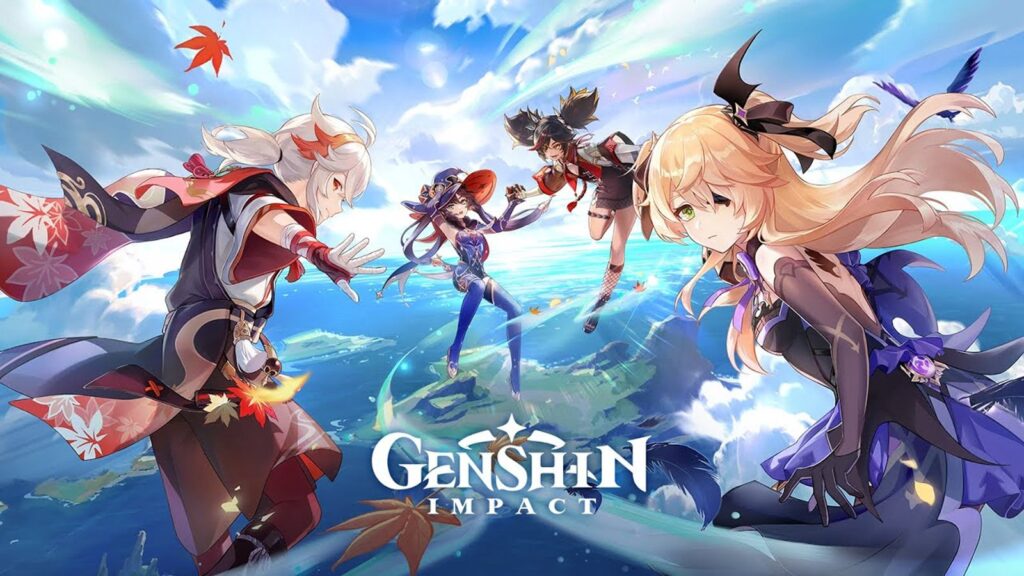Genshin Impact developer Cognosphere (aka Hoyoverse) has agreed to a $20 million settlement with the U.S. Federal Trade Commission (FTC) over its gacha loot box monetization and is now banned from selling them to teens under the age of sixteen without parental consent.
This comes after the FTC referred a complaint to the Department of Justice over the company’s unfair marketing of loot boxes to minors, obscuring their actual costs and misleading players about the odds of winning prizes. Cognosphere will be required to implement measures to prevent children under 16 from making in-game purchases without parental consent as part of the settlement.
“Genshin Impact deceived children, teens, and other players into spending hundreds of dollars on prizes they stood little chance of winning,” said Samuel Levine, Director of the FTC’s Bureau of Consumer Protection. “Companies that deploy these dark-pattern tactics will be held accountable if they deceive players, particularly kids and teens, about the true costs of in-game transactions.”
Loot boxes are in-game rewards containing a random assortment of virtual items players can “win.” While players, in many cases, can earn loot boxes simply by playing the game, developers also allow players to purchase them with in-game currency, which can be purchased with real money.
This game mechanic has been a significant revenue source for gaming companies, generating over $15 billion annually.
Genshin Impact utilizes a gacha system where players use in-game currency to make “Wishes.” These wishes are then used to “pull” an item from a “banner” or a pool of potential items. The more you spend, the higher your chance of getting an item.
Source: Genshin Impact
While Wishes can not be directly purchased with real money, players can buy in-game currency, which can be converted into Wishes.
Loot boxes and gacha systems are controversial as they are seen as gambling, with players spending money without knowing what items they will receive. There are also concerns that loot boxes are addictive, potentially acting as a gateway to more serious gambling problems.
In addition to the alleged unfair marketing of loot boxes to children, the FTC’s complaint says that HoYoverse failed to comply with the COPPA Rule.
This rule requires parents to give consent to the collection of personal information collected from children under the age of 13.
As part of the settlement, HoYoverse will be required to delete all data belonging to those under 13 and comply with the current COPPA rules.
